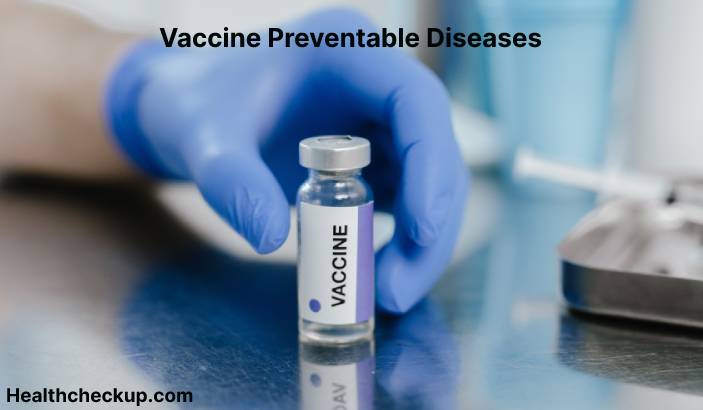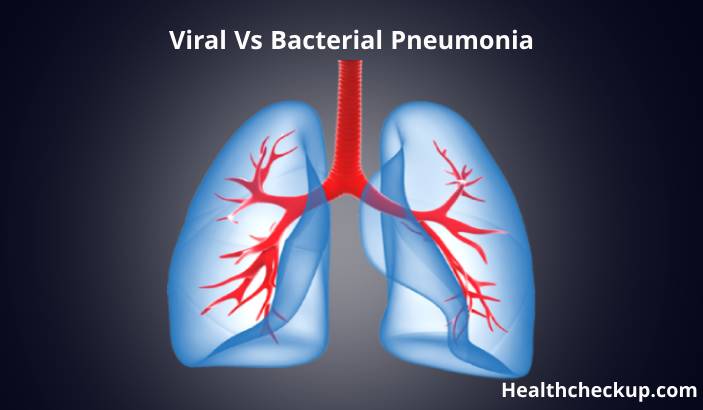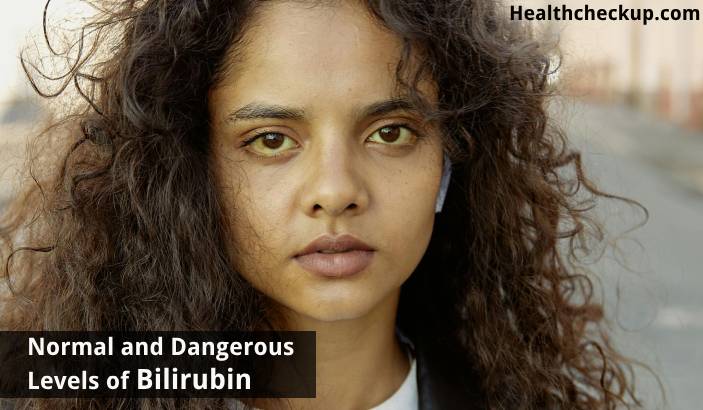Vaccine preventable diseases are infections that can be prevented through the use of vaccines. Vaccines work by introducing a small, harmless piece of the disease-causing microorganism into the body, which stimulates the immune system to produce antibodies. These antibodies provide protection against the disease by recognizing and attacking the microorganism if it enters the body.
There are many vaccine preventable diseases, including:
- Measles
- Mumps
- Rubella
- Diphtheria
- Tetanus
- Pertussis (whooping cough)
- Haemophilus influenzae type b (Hib)
- Polio
- Chickenpox
- Influenza (flu)
- Hepatitis A and B
- Human papillomavirus (HPV)
- Pneumococcal disease
- Meningococcal disease
- Rotavirus infection
Vaccines are an effective and safe way to protect against these diseases. They can help to prevent outbreaks and to reduce the spread of infection. They can also help to reduce the severity of the disease if infection does occur.
Vaccines are recommended for people of all ages, including children, adolescents, and adults. It is important to follow the recommended vaccination schedule to ensure that you are adequately protected against vaccine preventable diseases. If you have questions about vaccines or are unsure if you are up-to-date with your vaccinations, it is important to speak with your healthcare provider.
Vaccines have contributed to the control and elimination of many infectious diseases, such as smallpox, polio, and measles. It is important to continue to get vaccinated to help protect yourself and others against vaccine preventable diseases.









